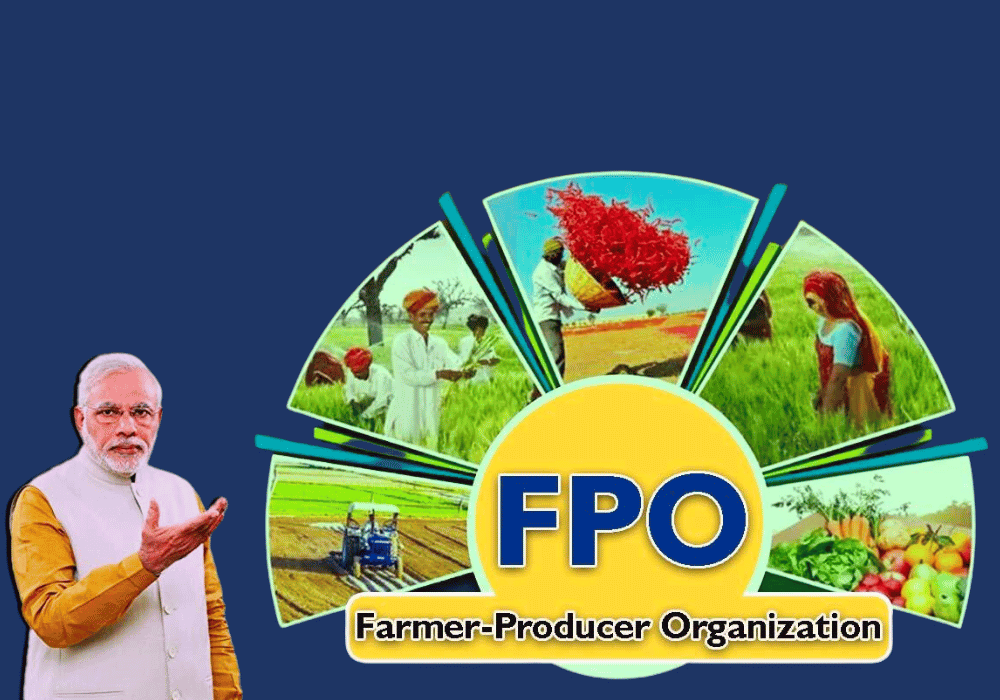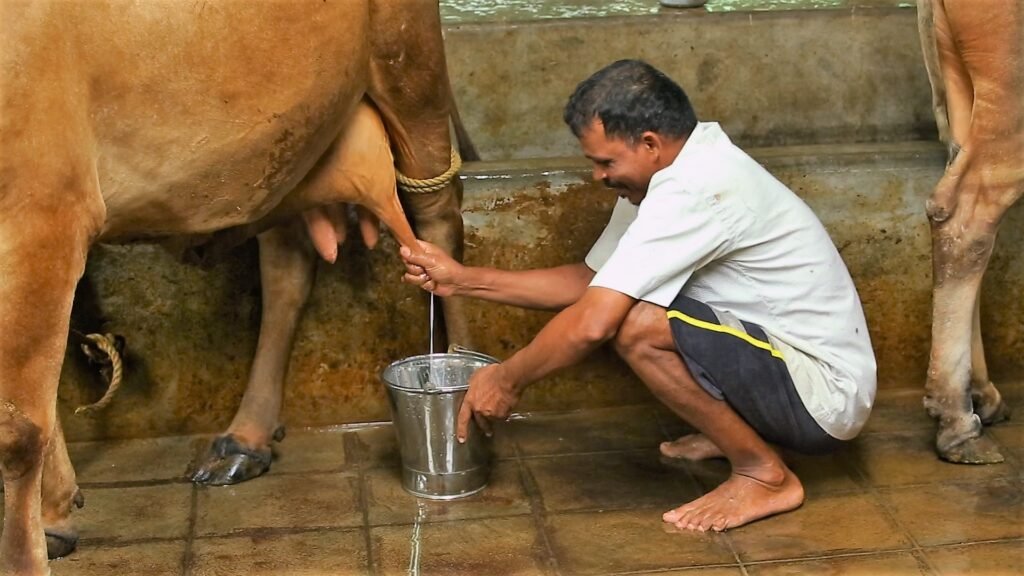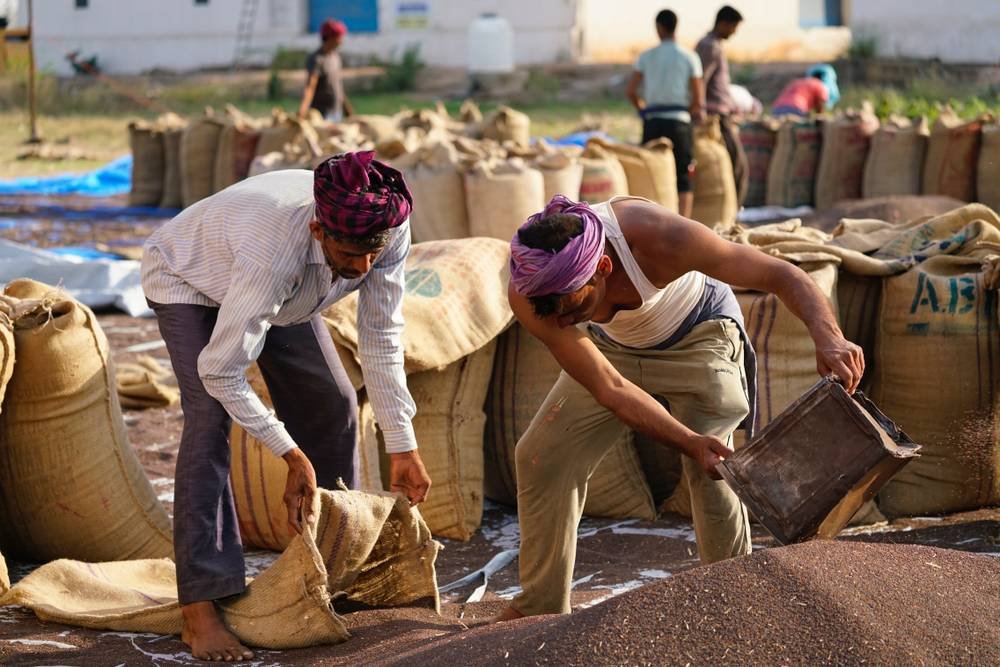
Mahma Producer Company Limited
Farmers Producers Organisation (FPO): Strengthening Agricultural Communities
Introduction to FPO: Farmers Producers Organisation (FPO) is a collective enterprise formed by farmers to improve their bargaining power, access to inputs and markets, and overall economic well-being. FPOs are registered under the Companies Act or relevant cooperative laws and function as self-help groups of farmers who come together to collectively address common challenges and opportunities in agriculture and allied sectors.
Mission and Goals: The primary mission of FPOs is to empower small and marginal farmers by providing them with a platform to collectively engage in agricultural production, processing, value addition, and marketing. The key goals of FPOs include:
Market Access: Facilitating access to better markets, fair prices, and value-added opportunities for farm produce through collective marketing and bargaining.
Input Procurement: Ensuring timely access to quality inputs such as seeds, fertilizers, pesticides, and machinery at competitive prices through bulk procurement and collective bargaining.
Capacity Building: Providing training, extension services, and technical support to member farmers to enhance their agricultural productivity, quality standards, and income levels.
Risk Mitigation: Pooling resources and implementing risk management strategies such as crop insurance, forward contracts, and diversification to mitigate production and price risks faced by farmers.
Financial Inclusion: Facilitating access to credit, savings, and financial services for member farmers to meet their working capital requirements, invest in agricultural infrastructure, and manage financial risks.



Key Functions and Initiatives:
Collective Farming: FPOs enable member farmers to engage in collective farming practices such as joint cultivation, sharing of resources, and crop planning to optimize land use, reduce costs, and improve productivity.
Aggregation and Value Addition: FPOs aggregate produce from member farmers, grade, process, package, and market it under a common brand identity to capture value addition and premium prices in domestic and international markets.
Input Supply: FPOs procure quality agricultural inputs in bulk quantities directly from manufacturers or wholesalers and distribute them to member farmers at discounted prices, ensuring affordability and availability.
Market Linkages: FPOs establish direct linkages with agribusinesses, food processors, retailers, exporters, and government procurement agencies to facilitate the sale of farm produce at remunerative prices and reduce the role of intermediaries.
Technology Adoption: FPOs promote the adoption of modern farming techniques, technologies, and practices such as precision agriculture, organic farming, and mechanization to enhance productivity, sustainability, and resilience to climate change.
Impact and Success Stories: FPOs have demonstrated significant impact and success in empowering farmers and transforming rural economies. Some notable achievements include:
Increased Incomes: FPOs have helped member farmers increase their incomes by accessing better markets, reducing post-harvest losses, and capturing value addition opportunities through collective action and market linkages.
Empowerment of Small Farmers: FPOs have empowered small and marginal farmers by providing them with collective bargaining power, access to credit, inputs, technology, and market information, enabling them to improve their livelihoods and social status.
Value Chain Integration: FPOs have facilitated the integration of small farmers into agricultural value chains by promoting collective production, processing, branding, and marketing of farm produce, thereby enhancing their competitiveness and profitability.
Sustainable Agriculture: FPOs have promoted sustainable agricultural practices such as organic farming, agroforestry, and water conservation, leading to environmental benefits, resource efficiency, and resilience to climate change.
Community Development: FPOs have contributed to the socio-economic development of rural communities by creating employment opportunities, building social capital, and investing in local infrastructure and services.


